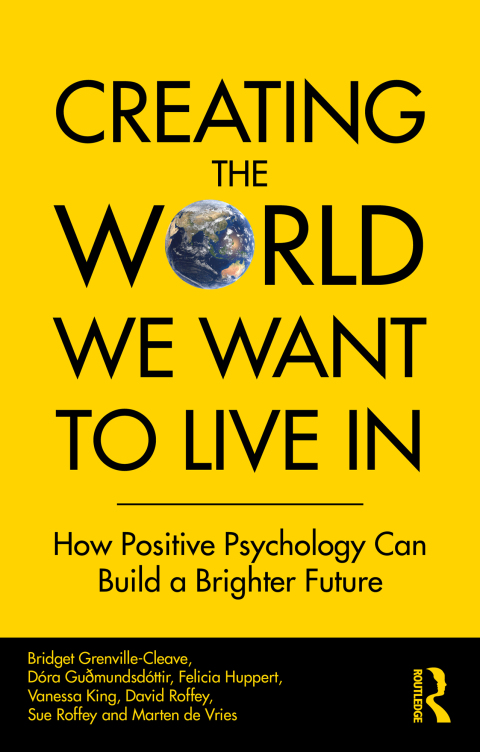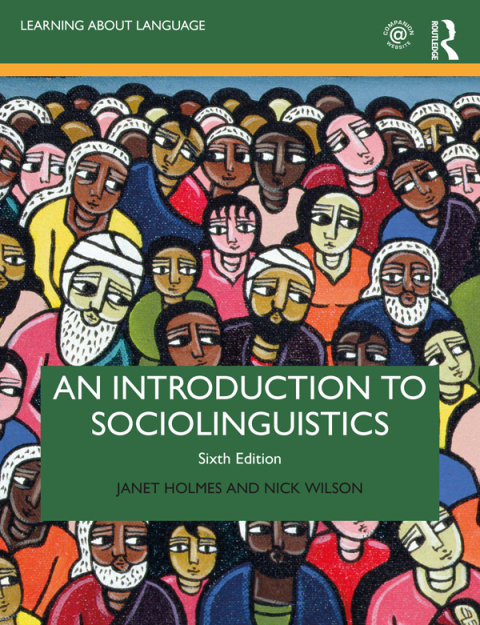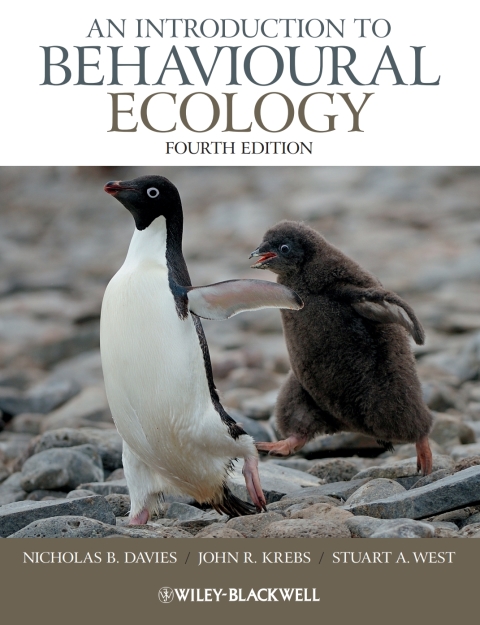Description
Efnisyfirlit
- Cover Page
- Half Title Page
- Title Page
- Copyright Page
- Contents
- The authors
- Acknowledgements
- Preface: A new beginning
- About this book
- Part A Introduction
- Foundations for a brighter future
- The potential that positive psychology offers
- Wellbeing matters
- What kind of world do we want to live in?
- The psychological foundations of wellbeing
- Principles for psychological wellbeing
- 1 Feeling connected to others
- 2 Having a sense of autonomy
- 3 Feeling competent
- 4 Paying attention to what’s going well
- 5 Having a sense of meaning
- Core capabilities
- 1 Open mind – mindful awareness
- 2 Open heart – kindness and compassion
- 3 Clear thinking – informed appraisal
- Wise action
- In summary
- Key sources
- Part B What makes for a good life?
- Chapter 1 Childhood
- How we raise children matters for universal wellbeing
- From birth to adolescence
- First experiences of life
- The early years
- Middle childhood: becoming part of a social world
- Learning values
- Adolescence
- Growing ‘good’ men
- Neurodiversity
- Families that enable children – and the future – to flourish
- Examples of positive action
- Hope and optimism
- Key sources
- Chapter 2 Education
- Why and how is education important for wellbeing?
- What do we need to learn?
- The fundamental elements of education
- The formal curriculum
- Pedagogy & teaching approaches
- The learning environment
- An alternative education to build a thriving future
- What students need to learn
- How students might learn
- An optimal environment in which to learn
- Hope and optimism
- Key sources
- Chapter 3 Work
- Why work matters for wellbeing
- Wellbeing is good for work
- What makes work good for wellbeing?
- Wellbeing is a corporate social responsibility
- The psychological principles at work
- 1 Feeling connected to others
- 2 Autonomy and the importance of managers
- 3 Feeling competent
- 4 Emotionally positive work environments
- 5 Meaning at work
- People management processes
- The science of wellbeing and the future of work
- Key sources
- Chapter 4 Ageing
- Why think about ageing?
- Capability and ageing
- Happiness and ageing
- Health, wealth and longevity
- Social challenges in ageing well
- Retirement
- Loneliness
- Social attitudes
- Positive ageing
- Preparing for new priorities
- The older worker
- Intergenerational care
- With design in mind
- The bigger picture
- Going forward
- Key sources
- Part C The foundations of everyday flourishing
- Chapter 5 Relationships
- Why are positive relationships so important for wellbeing?
- A positive sense of self
- Positioning others
- Learning about relationships
- ASPIRE to positive relationships
- Agency
- Safety
- Positivity
- Inclusion
- Respect
- Equity
- Hope and aspiration
- Ideas for action
- Key sources
- Chapter 6 Health
- Towards positive health
- Both physical and mental health matter
- How much does health depend on our healthcare system?
- Individual factors that influence health
- Body and mind always interact
- Managing stress and pain
- Mindfulness and compassion as foundations of physical and mental health
- Social determinants of health
- A whole of society approach to health
- Co-creating health
- Creating health for all
- Ideas for action
- Key sources
- Chapter 7 Community
- What is community?
- Why community matters
- Community building
- The vulnerability of communities in today’s world
- Family and community
- The impact of external forces on community cohesion
- Building flourishing communities from inside and out
- Community begins at home – and in the neighbourhood
- Achieving flourishing communities
- Conclusion
- Key sources
- Chapter 8 Leisure
- Why is leisure important for wellbeing?
- Do we have time for leisure?
- Is all leisure good for us?
- What does positive psychology research say about leisure?
- Active and passive leisure: Context matters
- Sport and physical activity
- Creativity and the arts
- Music
- Being in nature
- Volunteering
- Do it now!
- Key sources
- Part D The world around us
- Chapter 9 Media
- Why media matters
- Eyes wide open
- Reclaiming the media we want and need
- Aspiration and action
- What is needed for successful community media?
- Going forward: being media
- Key sources
- Chapter 10 Society
- What makes for a good society?
- What gets in the way of a society where everyone can flourish?
- What can positive psychology offer?
- Social connection
- Self-determination
- Building on what’s working
- Building better societies
- Fairness: equality versus equity
- Addressing discrimination?
- Feeling safe
- Positive criminology
- Empowerment of women
- Increasing employment prospects
- Aspiration and hope
- Key sources
- Chapter 11 Economics
- Economics and wellbeing
- Wealth and wellbeing
- What can be done to promote change?
- Paying for change
- How do we get there?
- Good practice and hope
- Employee-owned businesses
- Ethical banking and social investment
- Taking action
- Key sources
- Chapter 12 Politics
- Why is politics important for wellbeing?
- Some political systems are more conducive to flourishing
- How can politics promote wellbeing?
- How can wellbeing promote better politics?
- What would positive politics look like?
- Positive political communication
- Grassroots politics
- Making change happen
- Changing the voting system
- Involving citizens in policy and decision-making
- Key sources
- Chapter 13 Environment
- Why is the environment important for wellbeing?
- How physical surroundings affect our wellbeing
- The natural environment
- The built environment
- The global environment
- How positive psychology can contribute to a flourishing environment
- Financial case for sustainability
- Reasons to be hopeful
- Successful and scalable sustainability projects
- Learnings from COVID-19
- Can indigenous thinking save the world?
- Young people are the future
- Key sources
- Part E Conclusion
- Making choices for a brighter future
- Facing the future together
- Hope from silver linings
- From Me to We and what we share
- Choosing wise action
- Key sources
- Index






Reviews
There are no reviews yet.